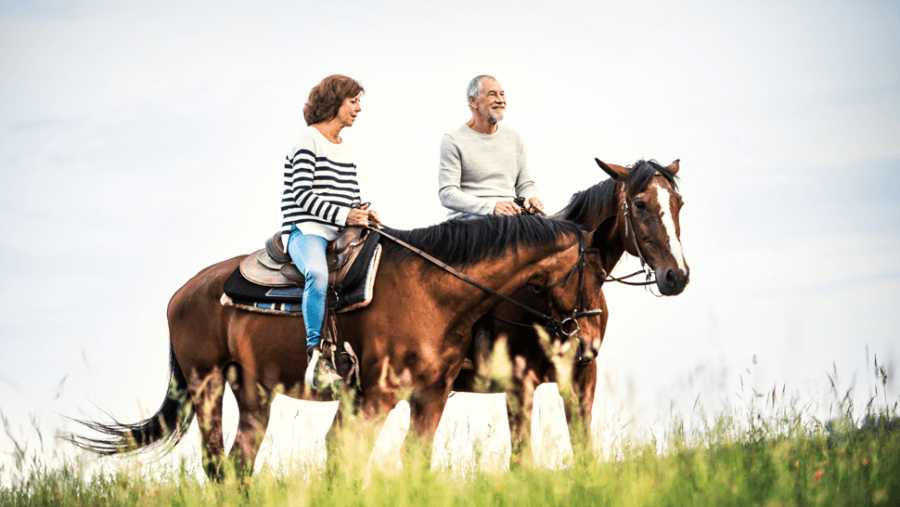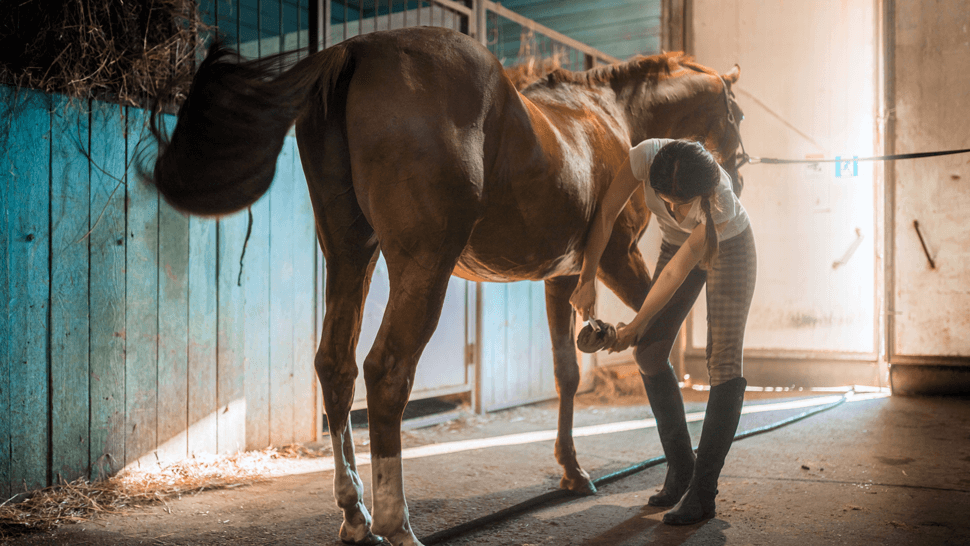

Bespoke livery agreement
For both horse owners and the livery yard they use, a bespoke livery agreement is essential before they take occupancy, whether the plan is for DIY livery, part livery, full livery or working/competition livery.
Obligations and rights
Having an agreement in place ensures both parties know their obligations and rights from the outset – while standard agreements are a useful starting point, the particular circumstances of the horse and what is required should be considered carefully and documented.
You should consider:
Parties – name, address and other contact details of the yard owner and horse owner.
Charges – what is the livery fee? When and how can it be increased? Do include any additional costs e.g. farrier, vet, worming, feed and extra bedding and agree a time limit on when payment is due.
Contact our Equine team now.
Insurance – the liability for the horse should remain with the owner, and the yard owner should exclude liability for injury to the horse and loss of tack or equipment. As the yard owner, ensure that your business insurance is updated annually.
Tack and other belongings – the parties decide who is responsible for loss or damage to such items if they are not covered by insurance but are on the livery owner’s property.
Horse passport – the original should be held at the yard, but most horse owners are reluctant to give up the passport. In that case, up-to-date copies should be provided to the yard owner, who should reserve the right to see the original.
Special care – details on any special care required for the horse, such as the need for its hay to be soaked or for it to be in a stable with a weave bar attached.
Vices – any vices and behavioural problems which the horse has should be fully disclosed.
Children/dogs – you may want to exclude children and/or dogs from the yard. In any event, you should make them the parent/owner’s responsibility.

Welfare decisions – the yard owner should have the right to make the decision to put the horse to sleep on veterinary advice only if the owner cannot be contacted. The importance of this was recently highlighted by a case where a yard owner was sued after having a horse with colic put to sleep rather than instructing the vet to carry out the surgery.
Lien – a very important clause that should be incorporated into all livery agreements to help with any bad payers. Essentially, the yard owner reserves the right to retain the horse and its equipment until payment of any outstanding fees is made. If payment is not made after demand, the yard owner can sell the horse and equipment to cover the debt.
Duties owed by the livery yard owner – services must be provided with reasonable care and skill, including the safety of the yard and fields, the quality of feed and riding areas. Reasonable care must be taken of your horse e.g. adequate feed and water, veterinary needs met, no poisonous plants in the fields. The premises must be of a safe standard and maintained as such e.g. sufficient drainage and ventilation, non-slip floors. Employees must be suitably experienced and trained.
Duties owed by the horse owner – horse’s welfare must be of a good standard i.e. provision of suitable tack and equipment. It should have had appropriate veterinary and farrier treatment. The yard rules must be obeyed and bills paid on time.










